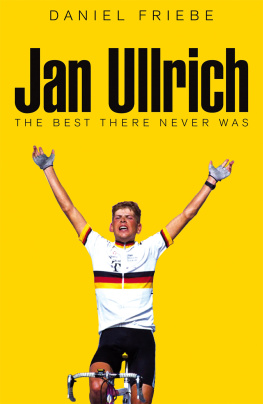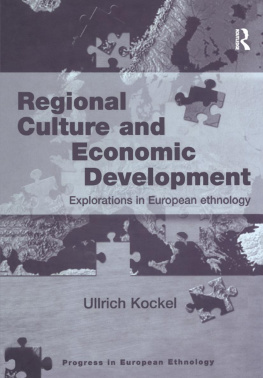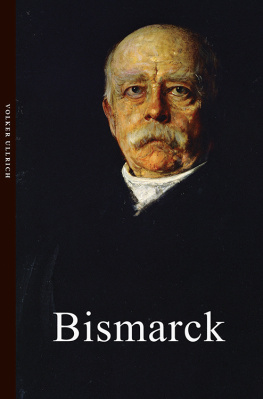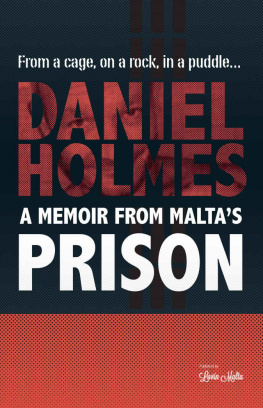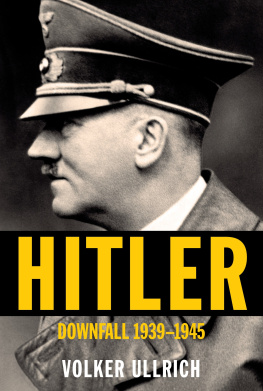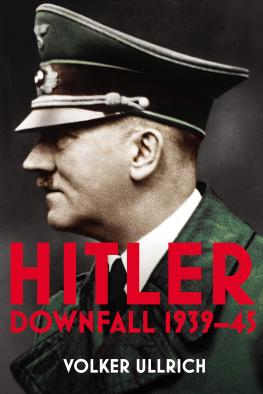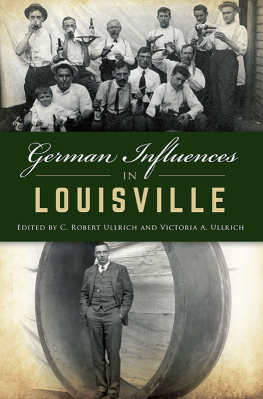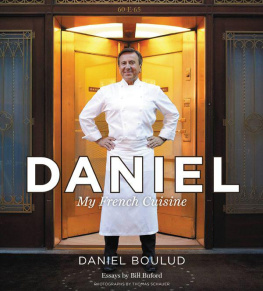Daniel Friebe - Jan Ullrich: The Best There Never Was
Here you can read online Daniel Friebe - Jan Ullrich: The Best There Never Was full text of the book (entire story) in english for free. Download pdf and epub, get meaning, cover and reviews about this ebook. year: 2022, publisher: Pan Macmillan, genre: Detective and thriller. Description of the work, (preface) as well as reviews are available. Best literature library LitArk.com created for fans of good reading and offers a wide selection of genres:
Romance novel
Science fiction
Adventure
Detective
Science
History
Home and family
Prose
Art
Politics
Computer
Non-fiction
Religion
Business
Children
Humor
Choose a favorite category and find really read worthwhile books. Enjoy immersion in the world of imagination, feel the emotions of the characters or learn something new for yourself, make an fascinating discovery.
- Book:Jan Ullrich: The Best There Never Was
- Author:
- Publisher:Pan Macmillan
- Genre:
- Year:2022
- Rating:5 / 5
- Favourites:Add to favourites
- Your mark:
- 100
- 1
- 2
- 3
- 4
- 5
Jan Ullrich: The Best There Never Was: summary, description and annotation
We offer to read an annotation, description, summary or preface (depends on what the author of the book "Jan Ullrich: The Best There Never Was" wrote himself). If you haven't found the necessary information about the book — write in the comments, we will try to find it.
Jan Ullrich: The Best There Never Was — read online for free the complete book (whole text) full work
Below is the text of the book, divided by pages. System saving the place of the last page read, allows you to conveniently read the book "Jan Ullrich: The Best There Never Was" online for free, without having to search again every time where you left off. Put a bookmark, and you can go to the page where you finished reading at any time.
Font size:
Interval:
Bookmark:


To Berlin.
May your arse remain in the garbage can, and your head in the clouds.
The first thing I ever wrote about professional cycling was a sixth-form German project about Jan Ullrich. A few months earlier, I had sat gawping at a TV screen as, in the space of a quarter of an hour during the 1997 Tour de Frances Pyrenean Queen Stage, Ullrich seemed to redraw the aesthetics and horizons of the sport. A sport that had known great dynasties before but never as far as I knew or could even imagine swivelled as professional cyclings destiny appeared to on that July afternoon. I was sixteen at the time an age at which, as Julian Barnes wrote in his first novel Metroland, there were more meanings, more interpretations, a greater variety of available truths... Things contained more. Among the other side effects of adolescence there is, indeed, an acute sensitization that embalms the images and ardours of that age in nostalgia later in life. Nonetheless, before commencing this book I already recalled, and now know for sure, that there were many others, and elders, upon whom Ullrichs performance in Andorra that day left the same imprint the same thrill. With every strike of Ullrichs pedals came a thudding intuition that future and present tense had swapped places or bled together into one, indistinguishable, inconvertible truth: that from this day forth cycling would belong to Jan Ullrich of Team Telekom and Rostock.
To claim that the central or sole motivation for writing this biography was to understand only what went wrong would be reductive and also, from the outset, dismissive in the way that coverage of Ullrich has consistently been for the last fifteen years. It is hopefully not too big a spoiler to reveal that Jan Ullrich remains, per the annals and minus the caveats, Germanys greatest ever cyclist and also its only Tour de France winner. Moreover, there have been many meteors with similar, soaring trajectories and sharper descents fellow phenoms who won cyclings great races at twenty-one and twenty-two and then faded into anonymity, whether overburdened by expectations or overtaken by their own hubris and, soon thereafter, their peers. Ullrich, by contrast, carried on winning and, if only at selected times every summer, achieving similar levels of excellence right up until his last dance in 2006. For a decade he also retained his status as a German national talisman. As such, as tempting at it has often proven to cast him as a flash-in-the-pan, a perennial groomsman, a misfit or a flop, bare statistics do not support that narrative. Neither can they explain a public affection that remained intact long after some of his most famous wins had been asterisked a fondness that somehow emulsified the most contradictory ingredients; on one hand awe and the other a sympathy that eventually devolved into pity.
Over the course of his career, Ullrichs admirers were taken on a voyage between emotional extremities, in this sense becoming men and women after their heros heart. The memoir he released in 2003 was called Ganz oder Gar NichtAll or Not At All and this was how he came to view or rationalize a life upon which everyone would at some point cast judgement. His close-season excesses became infamous, the subject of derision, and yet teammates marvelled at the sacrifices and exertions he annually undertook to correct his course. Every winter became its own cautionary tale, every springtime a new recovery memoir. As Ullrichs contemporary and fellow East German Jens Voigt once told the journalist Andreas Burkert, Characters like Ullrich fascinate people. Theyre right up in the heavens then they fall really, really deep, only to rise again. They go through life like normal people.
In this book we will hear from others who extol Ullrichs everyman appeal, although one could easily make the opposite case that it was his uncommonness that induced devotion among common men. Or, put another way, the feeling that, if Ullrich could only bring himself to do ordinary, mundane, everyman things stay relatively fit in winter, control his appetite, handle his talent with care he would one day reveal himself as the pedalling bermensch, superman, we glimpsed in 1997. He had demonstrated that potential once, and in subsequent years all who had witnessed it waited, enraptured, salivating at the prospect of a second look. As another contemporary, David Millar, put it to me, Jan was the ultimate missile that never got used. I think thats one of the things that makes his story so appealing: you had this guy who you felt could have nuked everyone and everything, but he ended up as almost this benign force. That almost makes him the perfect counterpoint to Armstrong.
Ah, yes, Armstrong. He who shall not be mentioned. Not the disgraced Lance Armstrong who occupies the public consciousness now, but rather the cyclist who was without question and whatever we think about his redacted legacy a force that steered, overshadowed and to a large extent defined Ullrich, at least in the publics eyes. Jan was my North Star, Armstrong says and the roles were also inverted. Some will bridle at the prominence afforded to Lance Armstrongs reminiscences on these pages they want him forgotten, cancelled, deplatformed but this book is no place to relitigate crimes acknowledged and punished years ago. Armstrong was the first interview I requested during the research process and, in style as much as substance, his retellings were also pitch-perfect reminders of the traits that made his generation-defining rivalry with Ullrich so compelling, in spite of a lopsided final scoreline. If Ullrichs story is of a would-be superman who lacked the Average Joe know-how to button on his cape, Armstrong stopped at nothing to escape and disguise his mortality but ultimately could not hide his feet of clay.
There are those who contend it all ended in a moral, or immoral, stalemate a resounding null and void, not just between Ullrich and Armstrong but between almost everyone who raced with and against them in the late nineties and early 2000s. The same people might even see poetic justice in the fact that some of the main material benefactors also ended up paying for an ethical bankruptcy. It is certainly sobering to reflect that, in the summer of 1999, the haut monde of international cycling indisputably consisted of five athletes Frank Vandenbroucke, Marco Pantani, Lance Armstrong, Jan Ullrich and Mario Cipollini. A twenty-year check on that quintet today would make eye-wateringly grim reading, comprising as it does, respectively, two deaths by drug overdose; the most spectacular defrocking in the history of professional sport; Ullrich whose life had tipped from sporting into human tragedy, to borrow Die Zeits 2018 summation; and Cipollini who in 2022 was bracing himself for the third year of hearings in a case brought by his wife for assault and stalking charges, both of which he denies.
It is impossible to know how much and in what ways, subtle or otherwise, cycling brought chaos to these mens lives, having previously exalted and to a certain extent shaped them as it does to everyone who falls under this sports hypnotic spell. How do we know what is really happening in Jans life, or anyones? How can we judge them? Bjarne Riis, Ullrichs old teammate, asked me. Riis is right. As another contemporary, Erwann Menthour, lamented after seeing another scion of the same generation, Philippe Gaumont, follow his own drug- and dope-littered path to an early grave, These were guys riding 35,000 kilometres a year, people were in awe of them, and then all of a sudden they were treated like shits. And somewhere, even if they knew that they were only doing what everyone else did, those guys also had to look themselves in the mirror and feel shame, guilt, because that was what everyone was telling them that they should feel.
Font size:
Interval:
Bookmark:
Similar books «Jan Ullrich: The Best There Never Was»
Look at similar books to Jan Ullrich: The Best There Never Was. We have selected literature similar in name and meaning in the hope of providing readers with more options to find new, interesting, not yet read works.
Discussion, reviews of the book Jan Ullrich: The Best There Never Was and just readers' own opinions. Leave your comments, write what you think about the work, its meaning or the main characters. Specify what exactly you liked and what you didn't like, and why you think so.

